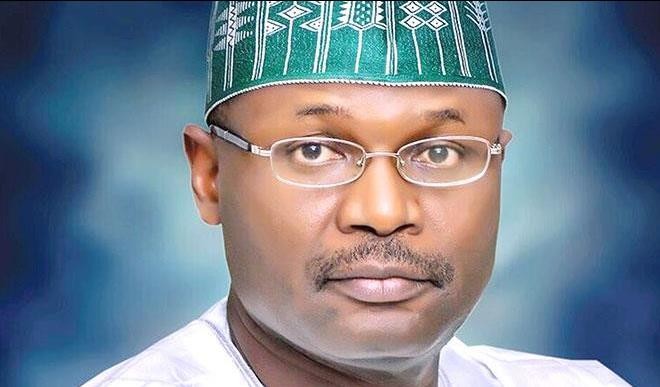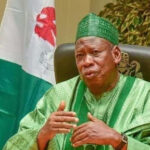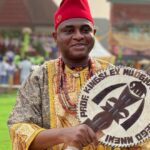Fifteen of the 73 presidential candidates taking part in tomorrow’s presidential election are seeking the nation’s topmost office with the least academic qualification of school certificate and its equivalent.
An INEC’s publication of the final list of the presidential candidates showed that 15 candidates, representing 20 per cent of the total 73 candidates, submitted school certificate as their highest academic qualifications.
These include President Muhammadu Buhari of the ruling All Progressives Congress (APC); Ahmed Buhari of Sustainable National Party (SNP); Omoyele Sowore of African Action Congress (AAC); and Shipi Moses Godia of All Blending Party (ABP).
Others include Umenwa Godwin of All Grand Alliance Party (AGAP); John Gbor of All Progressives Grand Alliance (APGA); Abah Elaigwu of Change Advocacy Party (CAP); and Madu Edozie of Independent Democrats (ID).
Also included are Sunday Chikendu of Justice Must Prevail Party (JMPP); Bashayi Dansarki of Masses Movement of Nigeria (MMN); and Hamza Al-Mustapha of Peoples Party of Nigeria (PPN); among others.
But findings reveal that some of the candidates had obtained many professional certificates or reached the peak of their career.
For instance, President Buhari who reached the position of major general in the Nigerian Army had previously served as head state from December 31, 1983 to August 27, 1985. He equally attended many courses, such as the Mons Officer Cadet School in Aldershot, England.
John Gbor who also attained the rank of major general in the Nigerian Army, hails from Katsina-Ala Local Government of Benue State. His last assignment in the military was as commandant of the Nigerian Army Education Corps.
Section 131(d) of the 1999 Constitution (as amended) states: “A person shall be qualified for election to the office of President if he has been educated up to at least School Certificate level or its equivalent.”
Although the 1999 Constitution (as amended) does not elaborate on what falls outside the classification of School Certificate, Obinna Ikeagwuonu and Omotosho Emmanuel of (APP) are seeking to be president and vice president respectively with Primary School First School Leaving Certificate (FSLC) each.
However, a social critic and lecturer in the Department of History, University of Ibadan, Dr. David Ajayi, said although the constitution prescribes school certificate as the minimum academic qualification for the office of president, Nigeria deserves more than that given the high number of young, educated and dynamic youth in the country.
According to him, although educational attainment is not the sole criteria for choosing leaders, there is need for the National Assembly to amend that section of the constitution to at least a Higher National Diploma (HND) or bachelor’s degree.
“You know, there is a constitutional provision to that effect, which prescribes the school certificate as the minimum academic qualification for the office of president.
“But if you look at the number of educated, dynamic young people in the country, you will agree with me that there is every need for the National Assembly to amend that section of the constitution to at least HND or bachelor’s degree,” Ajayi said.
Also speaking to Daily Trust, Dr. Auwalu Anwar, a politician and former History lecturer, University of Maiduguri, said rather than academic qualifications, Nigerians should place emphasis on trust, competence and responsibility, as determinants of quality leadership.
He said even as education plays fundamental roles in shaping the world-view of a leader, it should not be the only criteria, adding that the drafters of Nigeria’s Constitution had a good reason for putting the minimum academic qualification as school certificate.
“Formal education is important but, in our circumstances, it doesn’t necessarily translate to quality leadership. We have professors and PhD holders who are fools, and don’t merit to be in public office. So, I don’t want to put emphasis on paper qualification,” he said.
According to him, “I believe the drafters of the constitution had reasons for inserting that section. Inasmuch as education has a role to play in policy-making, I don’t see it as the only prerequisite.
“However, this is not to say that we don’t need educated people in power; people that have great feelings of responsibility that public office is a public trust. Education is indispensable for leadership, but it is not the only criteria,” he said.

 Join Daily Trust WhatsApp Community For Quick Access To News and Happenings Around You.
Join Daily Trust WhatsApp Community For Quick Access To News and Happenings Around You.


